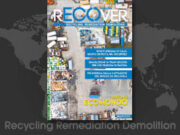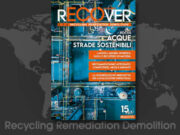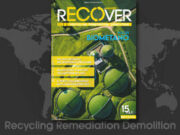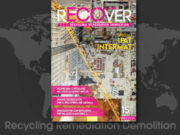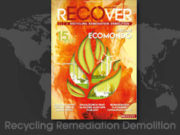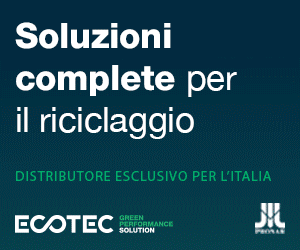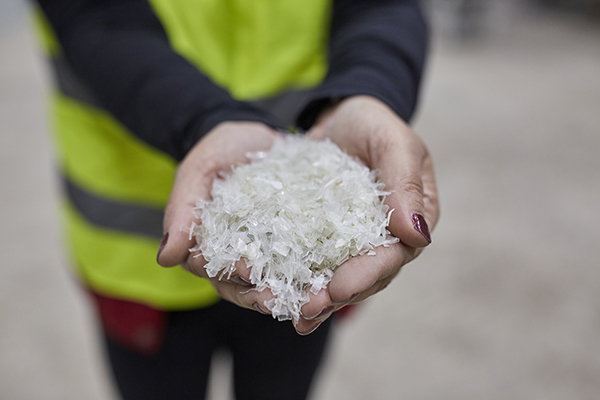
With only 9% of plastic recycled worldwide, the pressure is on to establish a legally-binding global treaty on plastic pollution to reduce plastic waste, safeguard our environment, protect marine life, and build a circular economy.
As an active member of the Business Coalition for a Global Plastic Treaty, TOMRA developed 10 recommendations for the UN Environment Programme (UNEP)’s International Legally Binding Instrument (ILBI), commonly referred to as the UN plastics treaty. These recommendations offer a comprehensive and proven approach to advance plastics circularity. By collaborating on a global scale, our goal is to create a future free from waste, starting now.
As we look ahead to the final rounds of negotiations for the UN plastics treaty, we would like to highlight these recommendations, which endorse proven waste management solutions, mandatory policies, and fair economic incentives to combat plastic pollution around the world.
Holistic Resource Systems – solutions to implement now
TOMRA recommends the quick implementation of proven waste management solutions like high-performing deposit return systems, which ensure recovery rates exceeding 90% to reduce litter and increase collection rates, advanced mechanical recycling coupled with mixed waste sorting to ensure high-quality material for recycling purposes. Additionally, we promote reuse initiatives to minimize single-use plastics and encourage a circular economy.
Targets for progress
Setting ambitious and specific targets can stimulate investments and innovations in addressing plastic pollution. It’s essential that targets within the UN plastics treaty strike a balance between being aspirational and realistic, with strict timelines that apply universally. Taking a fragmented approach to improvements risks wasting time and resources, highlighting the importance of coordinated global efforts in addressing this issue efficiently.


















